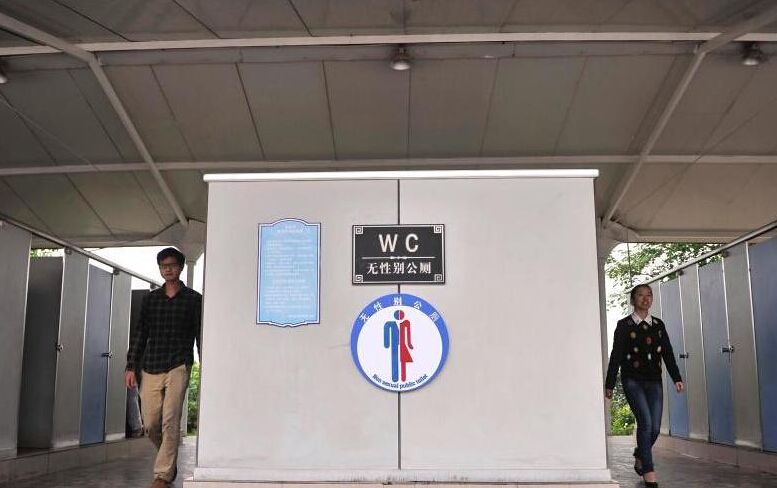Loan shark lending money with nude photos of women arrested
A suspect who allegedly offered student loans in exchange for nude photos was arrested by police in Gansu province in January.
Authorities said the man, surnamed Yang, had been preying on young women who were in need of money for college and other expenses, seeking his victims through social media, and that he had been doing this activity for many years.
Female students were ordered to disrobe and hold up their personal identification cards for photos before they were provided with high-interest student loans.
The young women were told the photos would be published if they failed to pay off their debts.
Yang also allegedly asked for sexual services from women who were unable to pay their loans.
Yang was arrested after a victim reported her case to the police. JD Capital’s Jiedaibao, a platform for individuals to loan and lend, especially between friends and acquaintances, was apparently used several times to set up transactions between perpetrators and victims in similar cases.
Jiedaibao said the company has no control over demands for collateral as such practices are made by a lender as part of “a private trade deal.”
Users who were asked for nude photos in exchange of loans are encouraged to contact the police.
To better protect the interests of its users, Jiedaibao’s customer service department established a one-million-yuan fund to combat the “naked loans” issue.
The company also said it would work with the police on any investigation of such practices.


